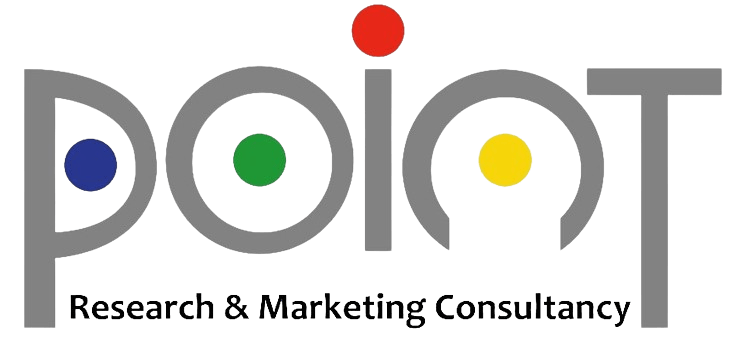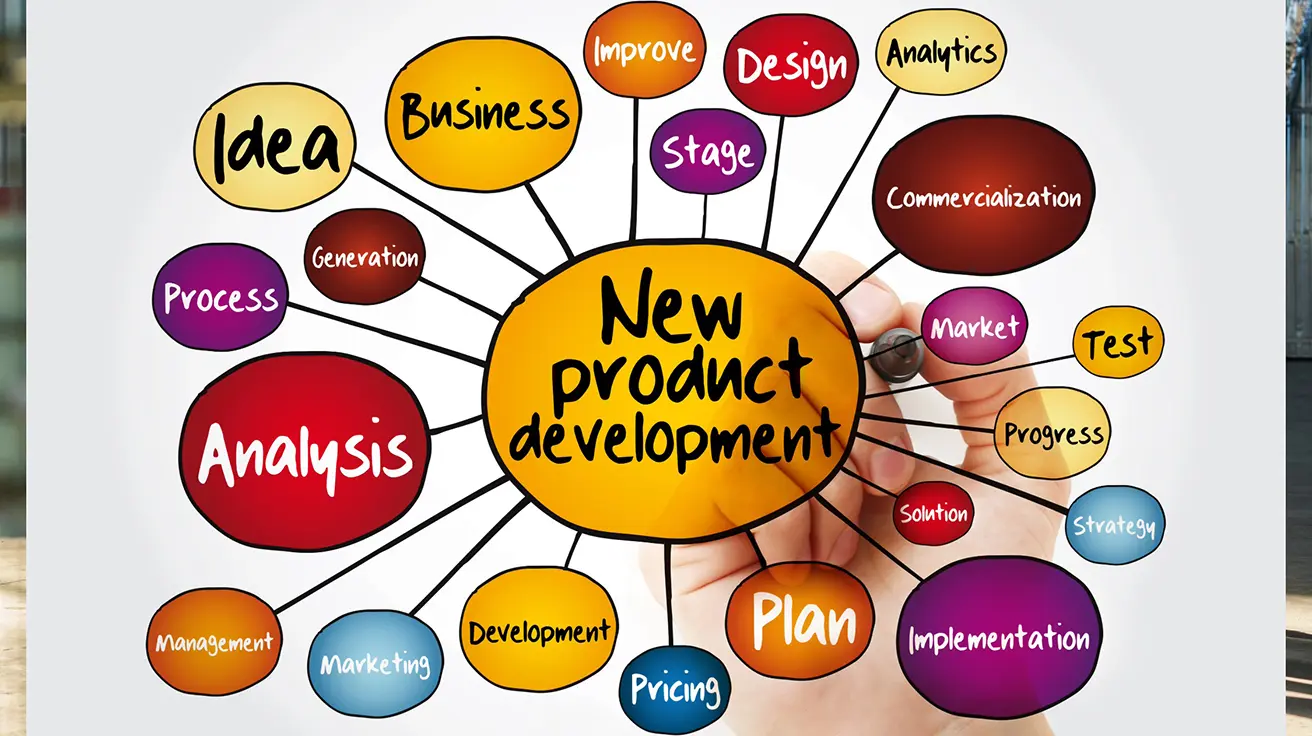
Dubai’s rapidly expanding business environment makes it crucial for companies to make informed, data-driven decisions. One way to ensure success in this competitive market is through quantitative market research. But what exactly is this research method, and how does it play a vital role in the Dubai business ecosystem? Let’s break it down.
What is Quantitative Market Research?
Defining Quantitative Market Research
A quantitative market research involves gathering measurable data from a sample group of people. It’s all about numbers—think percentages, statistics, and numerical insights that help businesses understand market behavior. This method focuses on collecting large amounts of data to produce reliable results that represent a wider population.
Key Characteristics
Quantitative research is structured, relying on closed-ended questions and standardized formats. It typically involves surveys, questionnaires, and statistical analysis. The goal is to quantify behaviors, opinions, or patterns to predict future outcomes.
Quantitative vs Qualitative Research
While qualitative research digs deeper into people’s thoughts and feelings, quantitative research sticks to the facts and figures. Think of it as the difference between knowing why people behave a certain way (qualitative) and understanding how many people behave that way (quantitative).
Importance of Quantitative Market Research in Dubai
Growing Business Landscape in Dubai
Dubai is a business hub that hosts international companies from all sectors, from retail to real estate and finance. As the city continues to grow, so does the competition, which increases the need for accurate and data-driven insights to stay ahead.
Dubai as a Global Business Hub
Known for its strategic location and tax-friendly policies, Dubai attracts entrepreneurs and investors worldwide. This global influence makes it essential for businesses to base their decisions on solid data, particularly as market trends in Dubai can shift quickly.
Why Dubai’s Unique Market Needs Data-Driven Insights
Dubai’s multicultural population and rapidly evolving consumer preferences make quantitative research invaluable. Whether it’s understanding local purchasing patterns or predicting trends in specific industries, quantitative market research helps companies stay informed and adaptive.
Types of Quantitative Market Research Methods
Surveys
Surveys are one of the most common tools in quantitative research. These can be conducted in various ways, including online and face-to-face, depending on the target audience.
Online Surveys
Online surveys are convenient for both businesses and participants. They can reach a large audience quickly and provide immediate feedback.
Face-to-Face Surveys
Face-to-face surveys are useful when targeting a specific group of people, especially when detailed responses are required. In Dubai, cultural considerations may come into play, making face-to-face interaction more effective in certain communities.
Data Analysis Techniques
Quantitative research relies on data analysis to extract actionable insights. The two main techniques are descriptive and inferential analysis.
Descriptive Analysis
This method involves summarizing and organizing the data to show trends and patterns. It’s all about “what is happening” in the market.
Inferential Analysis
Inferential analysis goes a step further by making predictions about future trends based on the data collected. This is particularly useful for businesses planning to expand or adapt their strategies in Dubai.
Benefits of Conducting Quantitative Research in Dubai
Better Decision-Making
By using quantitative research, businesses can make informed decisions based on hard data rather than assumptions. This helps minimize risks and ensures that strategies are tailored to actual market needs.
Predicting Market Trends
The ability to forecast future market trends gives companies a competitive edge. Quantitative data helps predict customer behavior, demand changes, and emerging trends in Dubai’s dynamic marketplace.
Challenges in Conducting Quantitative Research in Dubai
Cultural Sensitivities
Dubai is a melting pot of cultures, which can complicate research efforts. What appeals to one demographic may not resonate with another, so businesses must be mindful of cultural nuances when conducting surveys or analyzing data.
Language Barriers
While English is widely spoken in Dubai, not everyone is fluent. This makes it crucial to design surveys that are easy to understand or provide translations to cater to the diverse population.
How to Successfully Implement Quantitative Market Research
Identifying the Right Audience
To get meaningful data, you must target the right group. In Dubai, this means considering factors such as demographics, purchasing power, and cultural preferences.
Leveraging Local Expertise
Working with local research firms or consultants can help businesses navigate the unique challenges of Dubai’s market. These experts provide valuable insights into consumer behavior and ensure that the data collected is relevant.
Key Tools for Quantitative Market Research in Dubai
Data Collection Platforms
Several platforms make it easy to gather data from Dubai’s population. These include popular online survey tools like Google Forms, SurveyMonkey, and local platforms tailored for the region.
Analytical Software
Once the data is collected, analytical software such as SPSS or Tableau can help businesses make sense of the numbers, offering visual insights into trends and behaviors.
Case Studies of Quantitative Market Research in Dubai
Retail Sector Case Study
A global retail brand looking to enter the Dubai market used quantitative research to understand local consumer preferences. Through surveys, they discovered key insights about product demand and pricing, leading to a successful market entry.
Hospitality Sector Case Study
A luxury hotel chain conducted quantitative research to assess tourist preferences and behaviors in Dubai. The data revealed trends in booking patterns and service expectations, allowing the company to fine-tune its offerings.
Future Trends in Quantitative Market Research in Dubai
AI and Machine Learning in Market Research
As technology advances, the future of quantitative research lies in artificial intelligence and machine learning. These tools can process vast amounts of data in real-time, providing businesses with instant insights and allowing for quicker, more precise decision-making.
Conclusion
Quantitative market research is essential for businesses looking to thrive in Dubai’s competitive landscape. By relying on data-driven insights, companies can make better decisions, predict trends, and understand their audience more effectively. As Dubai continues to grow, businesses that invest in quantitative research will be best positioned for success.
FAQs
What is the difference between qualitative and quantitative research?
Qualitative research focuses on understanding feelings and opinions, while quantitative research focuses on numbers and statistics.
How important is local expertise in Dubai for market research?
Local expertise is crucial for understanding the cultural and market nuances unique to Dubai, ensuring more relevant and accurate data collection.
What are the best tools for conducting quantitative market research in Dubai?
Some of the top tools include Google Forms, SurveyMonkey, SPSS, and Tableau for data collection and analysis.
How does quantitative research help businesses grow in Dubai?
It helps businesses make data-backed decisions, predict future trends, and tailor their products or services to meet market demands.
What sectors benefit most from quantitative research in Dubai?
Retail, hospitality, real estate, and finance sectors often rely heavily on quantitative market research to guide their strategies.
Post a comment Cancel reply
Related Posts
Benchmarking Services UAE: A Strategic Tool for Competitive Advantage
Benchmarking services UAE plays a vital role in helping businesses understand where they stand…
Value Chain Analysis UAE : A Strategic Tool for Business Growth
Value Chain Analysis UAE has emerged as a very important strategic tool in the…
New Product Testing UAE: Ensuring Market-Ready Products Before Launch
New Product Testing UAE is essential because launching a new product without testing it…
Feasibility Study Consultants UAE: Turning Business Ideas into Profitable Ventures
Feasibility Study Consultants UAE assists companies to convert ideas to information-driven decisions. Many entrepreneurs…







